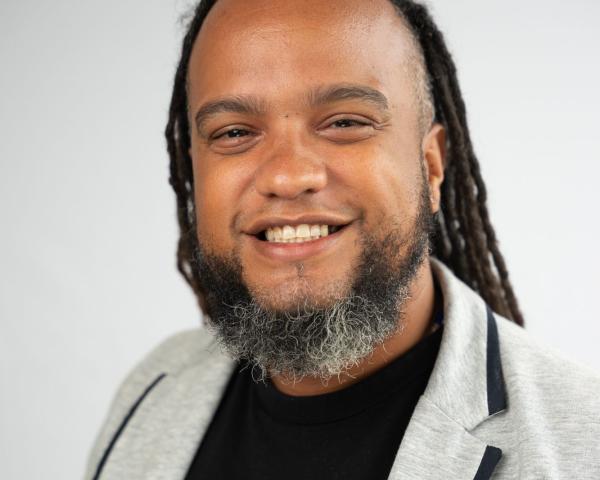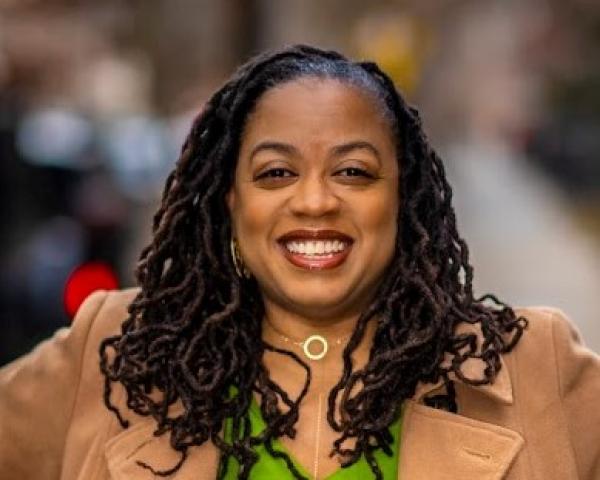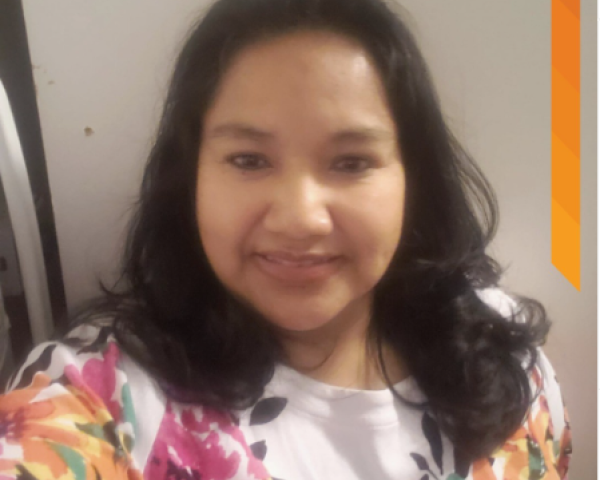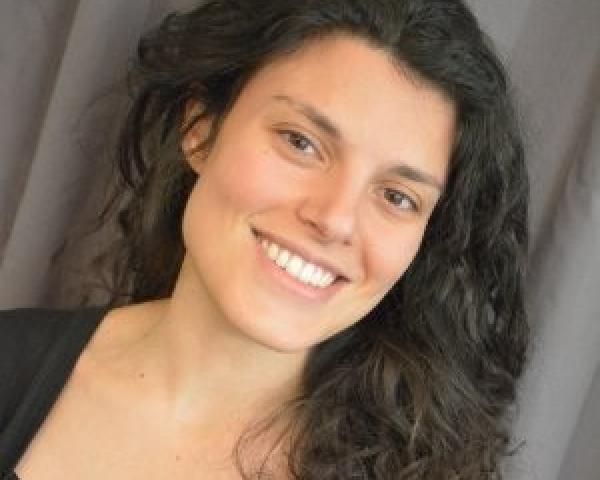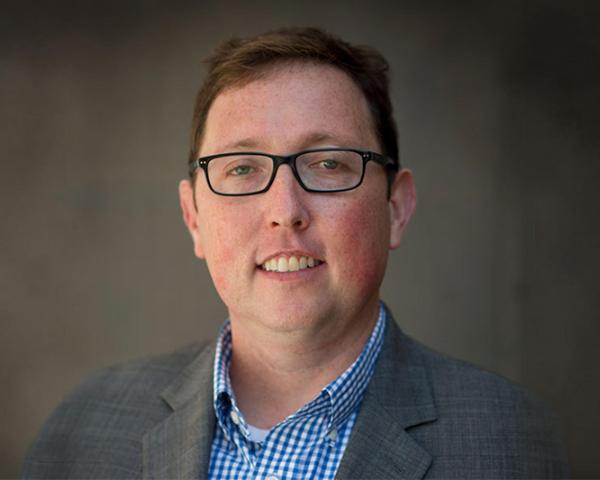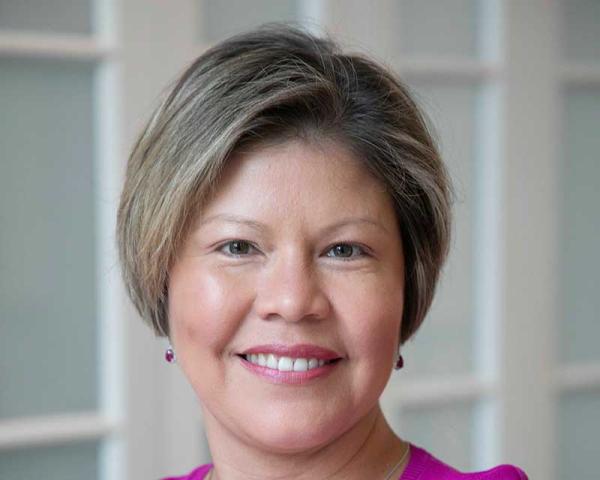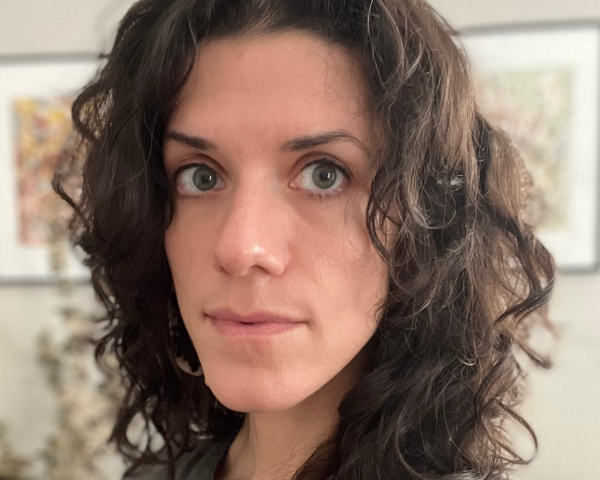Overview
Considering the immense pressures and challenges the labor movement will face in the coming months and years, regenerating the movement is more critical than ever. Care workers may face significant stress—and for some, even trauma—in their jobs, yet they often face barriers to accessing care themselves—a problem made starkly visible during the COVID-19 pandemic.
As unions, worker centers, advocates and policymakers push for essential structural solutions and prepare to confront greater threats and challenges, there is increasing recognition of the need to also attend to the impact of stress and trauma that care workers may face due to the demanding nature of their work and the systemic inequities they experience as a workforce made up disproportionately of women, people of color, and immigrants.
Join us on February 27 for a public program introducing the Regenerative Organizing model, an initiative to support unions and worker organizations in addressing the stress and trauma workers face. Recently piloted by The Worker Institute with care workers and their unions and worker organizations, this organizing model equips participants with tools to support members and deepen their leadership. Members of the cohort will share their experiences, and speakers will explore the urgent need for such initiatives, their potential impact, and how they can adapt them to other workforces.
Contact Arianna Schindle with questions at as947@cornell.edu or (631) 834-2672.
Sponsored by
Agenda
6:15-7:15 p.m.
Program
- Speakers:
- Alexis Francisco, Therapist and Educator
- Dr. L. Toni Lewis, Liberation Health Strategies
- Eileen Toback, NYPNU
- Martha Carballo, Community Resource Center
- Arianna Schindle, The Worker Institute
7:15-8 p.m.
Reception
Speakers
Moderators
Date & Time
Location
570 Lexington Avenue
12th floor
New York, NY 10022
United States



